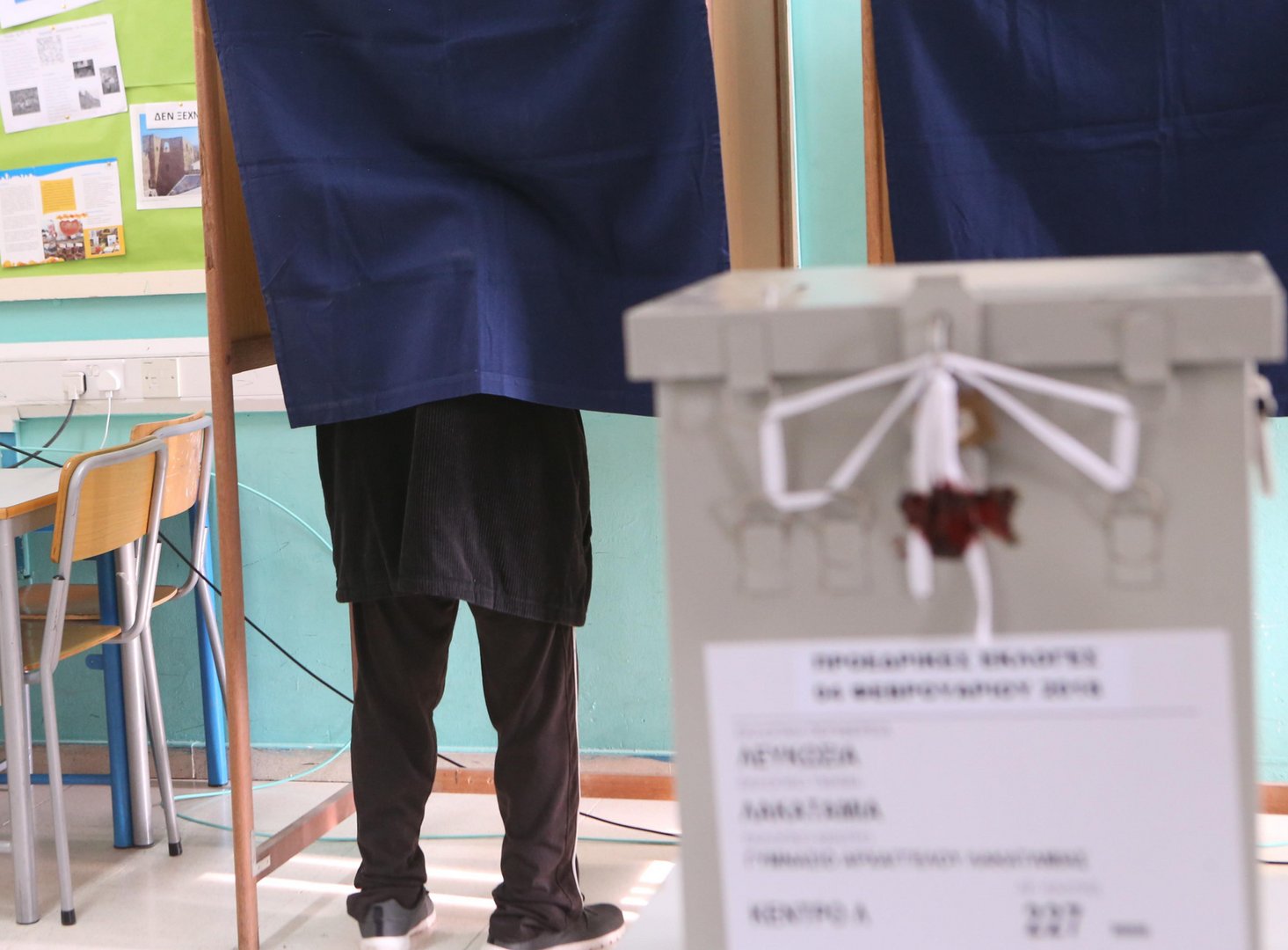No more vague statements: Presidential candidates must clearly and loudly declare their positions so voters can make a real decision
By Christos P. Panayiotides
In Cyprus, we have a unique system of government where the executive arm of the state never has the power to secure the support of the legislative arm, without entering into some kind of a “joint venture” with a segment of the opposition.
This cooperation is always necessary for enacting critical pieces of legislation that are needed for implementing the policies for which the president and the government have been elected.
The House of Representatives has 56 members, who are linked to the political parties as follows: Democratic Rally (Disy), 17; Akel, 15; Democratic Party (Diko), 9; Edek, 4; Dipa, 4; Greens, 3; Elam, 3, and Independent, 1.
In practice, this anomalous situation is dealt with in two ways: (a) by watering-down the legislation and the political decisions taken, thus making the legislation ineffective and acceptable to the opposition and, worse, (b) by resorting to a “bargaining” process, under which the necessary majority is secured, in return for the appropriate consideration. In my opinion, this anomaly is one of the principal causes which have mired Cyprus in the mud of corruption and collusion.
But let us come to the presidential contenders at the forthcoming elections. With the exception of Averof Neophytou, all the other candidates declare themselves to be independent. It is not very clear of whom they are independent, but what they probably mean is that they are not dependent on the political parties of Cyprus. Andreas Mavroyiannis claims he is not dependent on Akel and Nikos Christodoulides claims he is not dependent on Diko and Edek. I ask you: is it possible to believe that the parties that support these two candidates have not asked for something in return? In other words, if one of these candidates is elected as president of Cyprus and his government brings to the House of Representatives a bill that needs to be enacted, from whom is the government likely to seek support? And is it not entirely logical and reasonable that the government of each of these two candidates will comprise of people who will be nominated by the parties that respectively support them? On this basis, is it not reasonable to demand from the “independent” candidates that they name the basic members of their prospective governments, so that we know whom we are voting for?
Let’s now turn our attention to the five independent candidates with no party association, of which four (Demetriades, Eliades, Protopapas and Christofides) are supporters of the reunification of Cyprus, while one (Georghios Colocassides) is, in practical terms, a supporter of a two-state arrangement, given that the “unified” state he favours is an elusive dream. In the second round of the presidential elections (February 12, 2023), these “independent” candidates will probably join the camp of one of the two candidates who will remain in the race. In the final analysis, they will also end up losing their independent status.
Does my analysis lead to the conclusion that there are no truly independent candidates in the forthcoming presidential elections? In my opinion, the answer to this question has a philosophical, rather than a practical significance. The essence of the matter lies elsewhere. What is of real importance is the position taken (the goal and how it will be attained) by the presidential candidates on the following four crucial issues:
- The Cyprus problem
- The fight against corruption and collusion
- The management of the economy
- The competence and the decency of each candidate and the members of his government.
These are the issues that in a truly democratic, politically mature state would judge the outcome of the elections. To enable the voters to properly assess their options and vote accordingly all the candidates, and the political parties that support them, must be pressed to open their cards, to speak clearly and loudly, to clarify their positions and to stop mocking and misleading the voters, with general and vague declarations of intent and/or by promoting utopian goals. Statements, such as “a solution with the right content” and “I will make every possible effort to attain the best possible result” are empty words that suggest an intention to deceive or – to put it bluntly – take the voters for a ride.
The first results of the pressure already exerted on politicians by civil society, relating to the huge problem of corruption and collusion, are encouraging. Despite the fierce resistance of the “established order” against the adoption of the recommendations of an ad hoc committee, comprising the Nobel-prize winner economist Sir Christopher Pissarides and two internationally known certified public accountants, Christos Panayiotides and Nicos Syrimis, on how the tool of capital statements can be effectively used to combat corruption and collusion amongst the politically exposed persons in Cyprus, these proposals have already been adopted by most of the presidential candidates, with a clear and unconditional undertaking to implement the proposals, as from 1 January 2023. This detailed plan of action can be seen on the internet at https://www.pothen-esches-cyprus.com
In the contemporary political history of Cyprus, I do not recollect another occasion on which the survival of the indigenous population of the island was being threatened to the extent that it is being threatened today. I believe that the time has come for the voters to act responsibly and in the knowledge that they will be held accountable for the decisions they take. The time has come for the voters to vote – possibly for the first time in their lives – by reference to what their brain, rather than what their heart dictates.
Christos Panayiotides is a regular columnist for the Sunday Mail and Alithia







Click here to change your cookie preferences